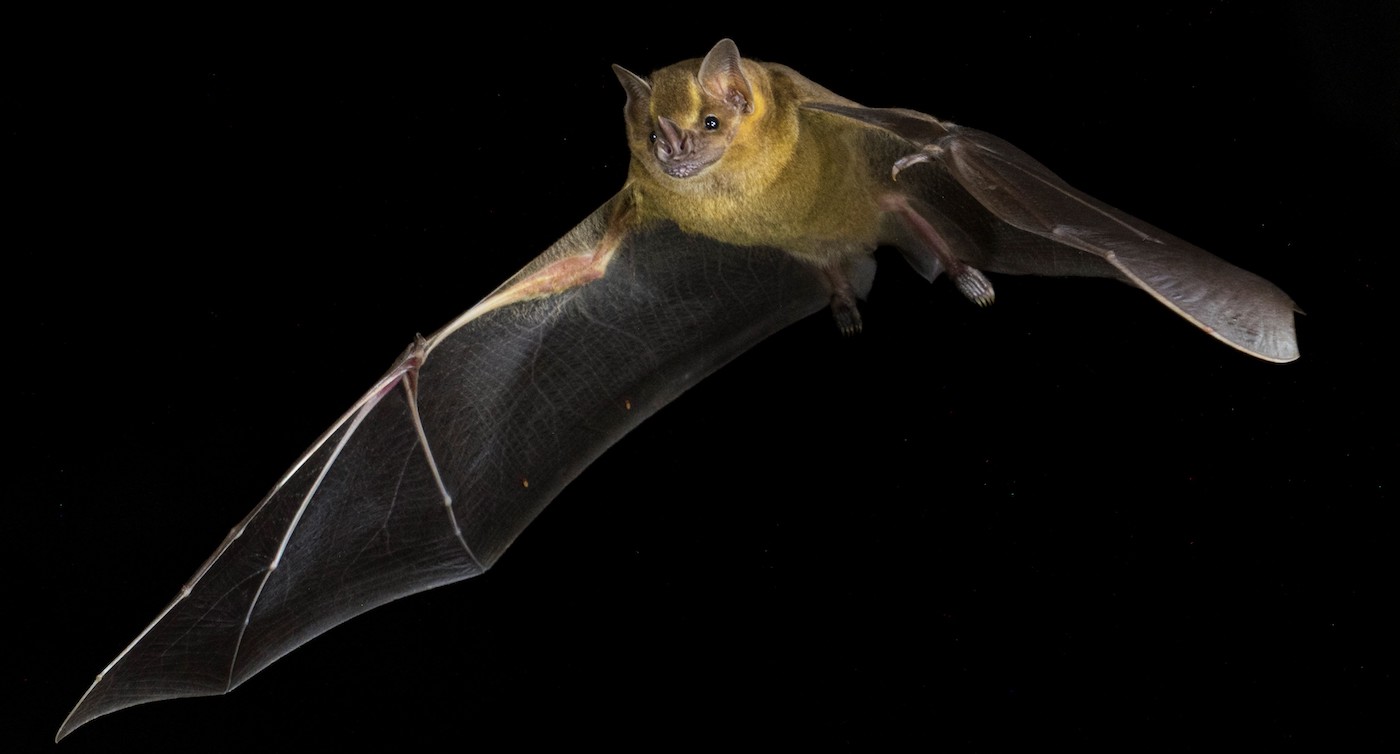In a groundbreaking study, bats emerge as evolutionary marvels, having developed unique traits that shield them from cancer and bolster their resistance to infections.
The extraordinary genomic adaptations discovered in bats, the sole flying mammals, shed light on potential breakthroughs for both virus prevention and cancer treatment in humans.
Bats, renowned for their prolonged lifespans, low cancer incidence, and robust immune systems, owe their exceptional resilience to a rapid evolutionary process. Researchers scrutinizing the innate immune response of bats uncover unprecedented features that may hold the key to preventing viral outbreaks from animals to humans.
This research, published in Genome Biology and Evolution by Oxford University Press, utilized the cutting-edge Oxford Nanopore Technologies long-read platform.
Collaborating with the American Museum of Natural History in Belize, scientists sequenced the genomes of two bat species—the Jamaican fruit bat and the Mesoamerican mustached bat.
A comprehensive comparative genomic analysis, conducted at Cold Spring Harbor Laboratory in New York, unveiled genetic adaptations in six DNA repair-related proteins and 46 cancer-related proteins in bats. These altered genes, known to suppress cancer, were notably more than two-fold enriched in bats compared to other mammals.
Lead author Armin Scheben emphasized, “By decoding these new bat genomes and comparing them to other mammals, we continue to unveil extraordinary adaptations in antiviral and anticancer genes. This marks the initial stride toward translating bat biology research into valuable insights for understanding and treating aging and diseases like cancer in humans.”
Established in 1890, Cold Spring Harbor Laboratory, a non-profit institution with eight Nobel Prize winners, is dedicated to advancing biomedical research and education in cancer, neuroscience, plant biology, and quantitative biology. Additional support for this research came from the National Institutes of Health and the Simons Center for Quantitative Biology.
